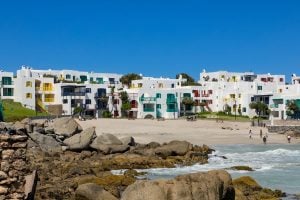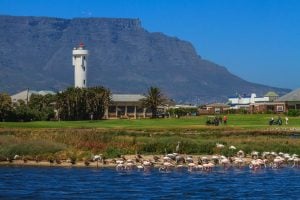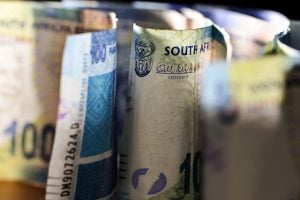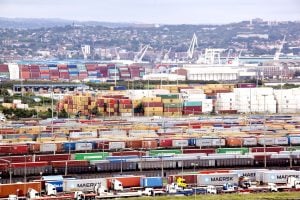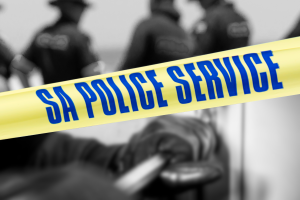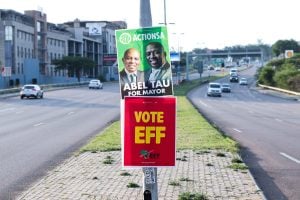South Africans give TV Licences the middle finger
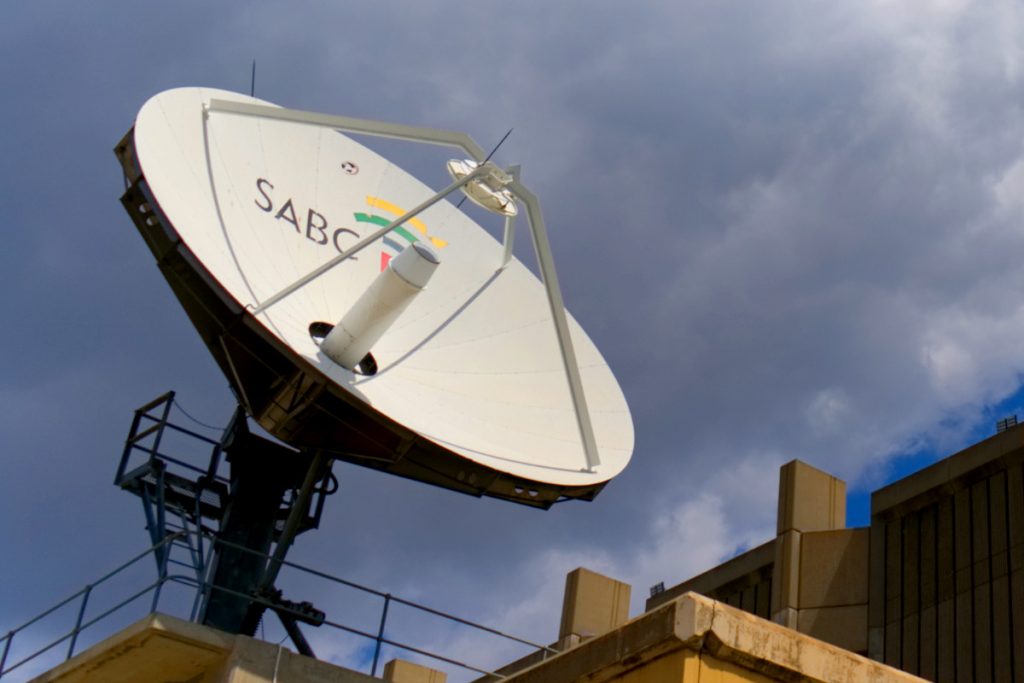
South Africa’s state broadcaster is in dire need of a financial refresh as the amount of South Africans not paying for their TV licenses continues to rise.
Speaking before Parliament’s Communications and Digital Technologies portfolio committee, SABC Board chair Khathutselo Ramukumba said that the TV Licence evasion rate jumped to 87% in the 2022/23 financial year, an increase from 82% in the previous year.
Ramukumba said that the organisation recorded a R1.1 billion loss in the financial year ended March 2023, which he blamed on intensified load shedding, further competition from “unregulated” streaming services, the analogue switch-off and a decline in advertising revenue.
He said that the loss is now in line with what the last board started with five years ago, negating the declining losses that the previous board was able to achieve.
“The projections for the 2022/2023 financial year were that the SABC would be breaking even with some marginal profit being reported,” he said
“Unfortunately, despite the interventions of our predecessor board and the (R3.2 billion) bailout, that progress that has been made in reducing those losses did not come to fruition.”
He added that the SABC is relying on struggling revenues from its commercial operations to fund its public service obligations, a situation which he said is not sustainable.
Where next
However, the Department of Communication and Digital Technologies is aware of the financial issues facing the organisation and has laid out plans to tackle this subject in its draft white paper on Audio and Audiovisual Media Services and Online Content Safety.
“Apart from the dependency of millions of South Africans on the SABC, the sustainability of the public broadcaster has an impact on its employees, sports rights associations, Sentech, independent television producers, commercial partners and creative artists like musicians, actors, writers, directors,” the department said.
“A strong and financially fit SABC is vital for South Africa, and the government will take the necessary legislative and financial steps to ensure this.”
The white paper thus proposes that the SABC have a legislative mandate to operate satellite television, radio, and Internet services internationally.
It would operate under the name SABC International Broadcast Services or SABC Foreign Broadcasting Service.
“The Channel Africa radio services and Ubuntu Radio, DIRCO’s 24-hour internet-based radio station, will form part of this unitary service to provide both domestic and international news, information, as well as a wide variety of programming, 24 hours a day, to the world accurately and promptly from African various perspectives, making the best use of public broadcaster and its international partners networks,” it said.
It will also introduce international best practices in a massive overhaul of the broadcaster’s funding model, which will ensure that it will have adequate funds.
The department also said that it is considering doing away with the TV Licence regime and replacing it with a Public Broadcast Service levy as part of the new SABC Bill.
That said, some stakeholders argued that any financial aid used to fulfil the SABC’s public mandate should be done in a responsible and fair way that does not limit competition with other commercial radio broadcasters.
The department, on the other hand, argued that this does not fit with international best practices, as, for instance, the British Broadcasting Corporation (BBC) has a commercial arm that sells its channels and the OTT platform while also commercialising its content.
The SABC has also entered the OTT space, with it launching its streaming service SABC Plus in November last year.
Read: Good news for Rugby World Cup 2023 fans who don’t have DStv


